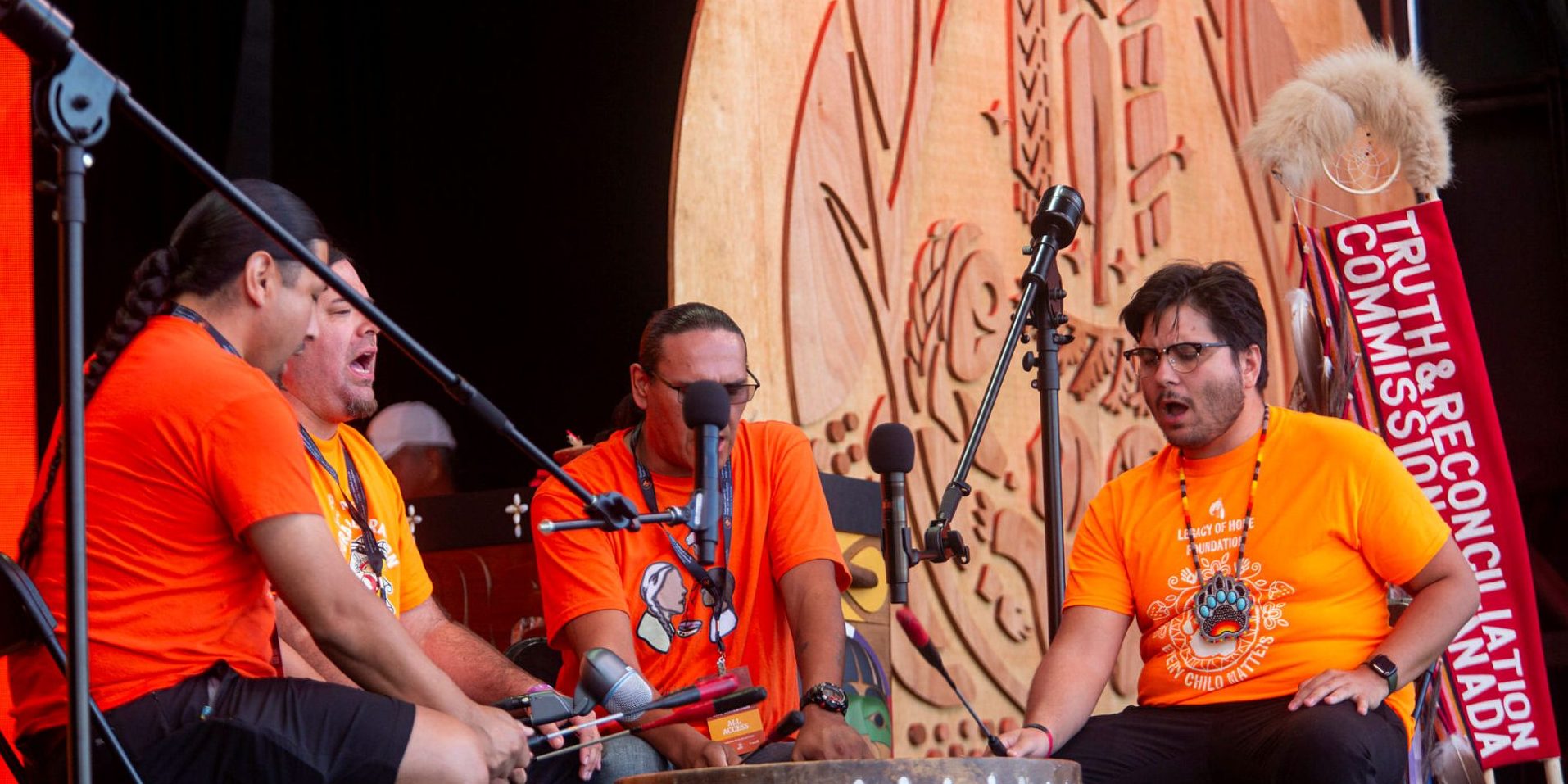Broken promises and the need to move towards reconciliation

Long before Canada became a country, Inuit, First Nations and later Métis thrived on these lands. As Indigenous Peoples, we fell deep into abysmal victimhood with genocidal policies from both the British Crown and churches. These settler policies continued even when Canada became its own country.
For almost 200 years, we continue to be traumatized by policies that keep us oppressed, and with lower health and well-being standards compared to Canadian standards. I interpret this to mean that those genocidal policies are still working.
For deep-rooted reasons, reconciliation with Indigenous Peoples is of most importance. Sept. 30 is the National Day for Truth and Reconciliation. Sept. 30 is more important than July 1 for most Indigenous Peoples. On this day, Canadians will see many orange shirts being worn.
Government after government, with each new and re-elected prime minister, Indigenous Peoples hear more promises. It does not take long at all for these promises to be broken. I have only to mention in this five-month-old Carney government the passage of C-5, the so-called Building Canada Act.
This current Liberal government has already proven that it will not move toward reconciliation. I have very little hope this government will respect Indigenous nations as prominent decision-makers in policies that impact Indigenous Peoples’ lives. First Nations and Métis demanded that they are afforded the free, prior, and informed consent as legislated in UNDRIP. Rather than upholding Indigenous Peoples’ rights, this Liberal government decided to use the threat of United States President Donald Trump to prioritize activities that will further expedite climate change.
By this time, I ask: are there any decisions that Carney can make to get on the track of reconciliation with Indigenous Peoples?
While there is not one easy answer, there are some steps this prime minister can take.
First: Increase—not decrease —the funding for Indigenous Services Canada; investments for Indigenous Peoples have never been enough. There are many reports that illustrate the investment gaps are in the billions of dollars. There must be no further cuts. Further, this government must balance investments when addressing Arctic security and sovereignty. This government will put Inuit at risk if it disproportionately funds the military in the Arctic over social programming. If this government focuses as well on addressing the chronic lack of investments in housing, education, health care, and major transportation infrastructures like airports and marine ports, Inuit communities will be able to be as engaged in Arctic security as its military partners.
Second: Introduce legislation that puts on par Indigenous Peoples’ rights alongside Canadian human rights. Two such examples that this Liberal government will need to table are Indigenous water legislation, and Indian Act amendments on Indian status. The bills introduced in the 44th Parliament were substandard because both bills would have kept Indigenous Peoples below Canadian standards. Had they passed, First Nations would most likely have ended up in never-ending negotiations with municipalities and provinces, and First Nations women—who were found to be discriminated against—would have been prevented from seeking reparations. This time around, the Liberals would do better by Indigenous Peoples by introducing legislation that enshrines the rights of First Nations, Inuit, and Métis, allowing for self-determination.
As I have said publicly—given the current geo-political climate—I fully believe that we need to invest in Arctic security and Arctic sovereignty in Canada. There needs to be balanced spending to ensure northerners, too, can be engaged in Arctic security. New Democrats want to ensure that Inuit and Northerners’ knowledge and expertise are used to help keep the Arctic secure. Prioritizing so-called nation-building projects and military spending while neglecting the fundamental needs of Nunavummiut and northerners shows the lack of commitment to reconciliation and investing in Indigenous Peoples. Carney’s plan for nation-building should have included sorely needed investments in schools, adequate housing, dependable electricity, transportation infrastructure, including airports and marine infrastructure and better health care for Arctic communities. It is time for Canada to strengthen Arctic security and sovereignty by investing in the peoples of the region.
Lori Idlout is a Canadian politician who has served as an NDP MP for the riding of Nunavut in the House of Commons since 2021. Before her election, Idlout practised law in Iqaluit with her own firm, Qusagaq Law Office.
The Hill Times





 LICENSING
LICENSING PODCAST
PODCAST ALERTS
ALERTS


